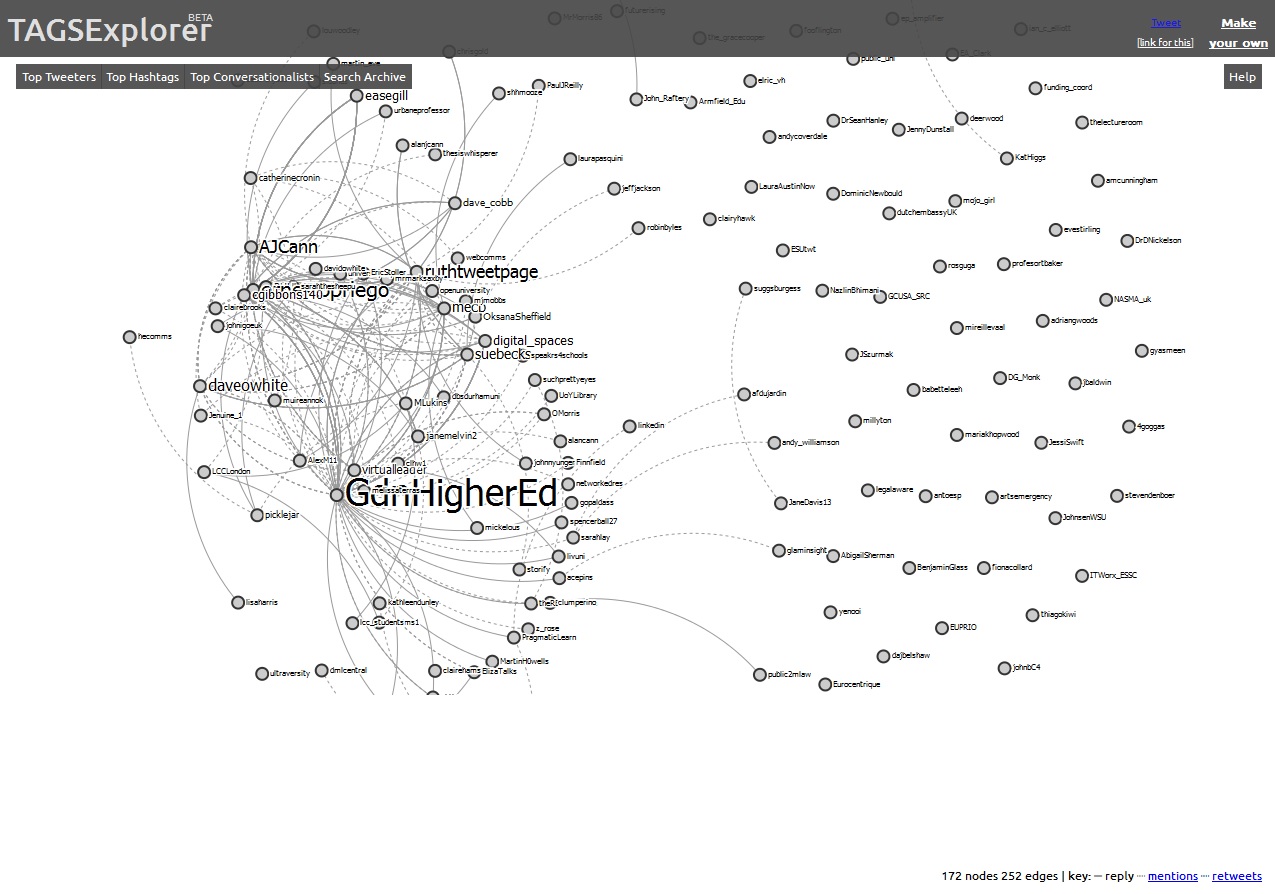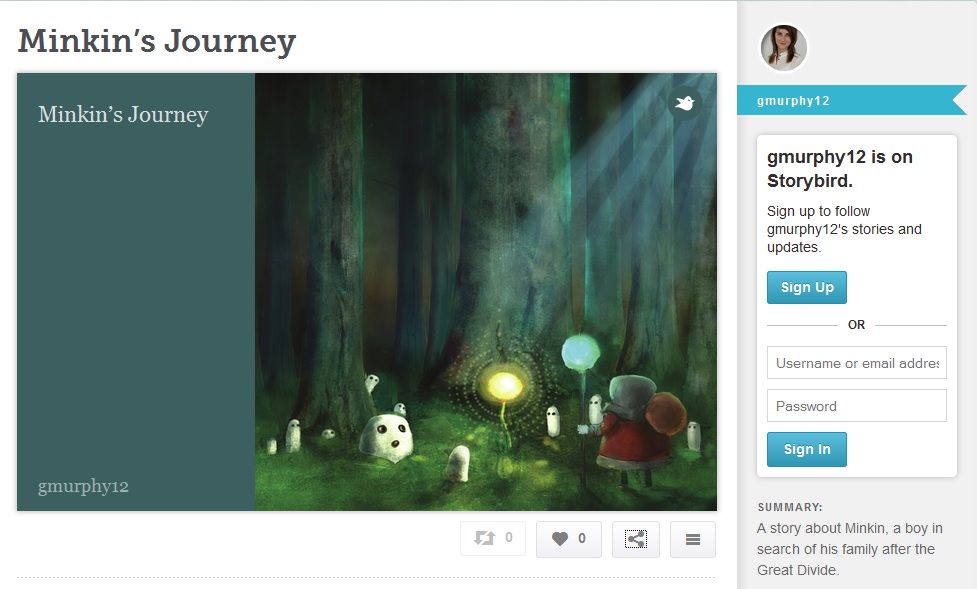Glossary #59 – Openness
Openness: in an education or work environment, openness is about the sharing of ideas and making work that is produced accessible to others. It is an ethos that promotes teamwork and can be a benefit for educators as it means that resources can be created and shared collaboratively.










